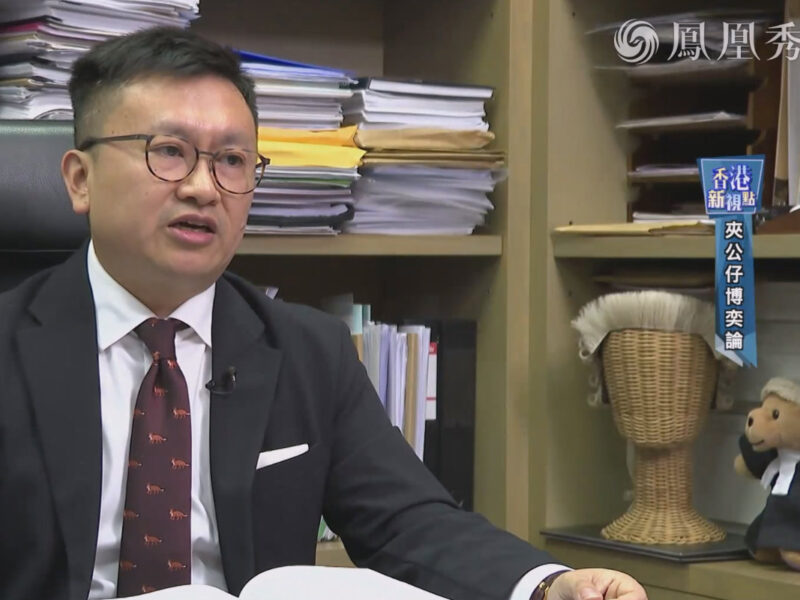In a recent industrial summonses appeal, the court dealt with an interesting issue concerning property seizure - When and how can properties be seized by a court's order?
The case of 香港特別行政區 訴 ASB Biodiesel (Hong Kong) Limited [2022] HKCFI 3128 is concerned with industrial summonses faced by a biodiesel company, stemming from a fatal industrial accident when their bioreactor tank exploded whilst being repaired for leaks.
After an investigation by the Labour Department and the Fire Services Department, it was found that liquid containing 22% methanol remained in the tank when a worker attempted to repair the leaks by welding, and sparks ignited the methanol vapour which was exposed to air, resulting in an explosion.
A more interesting issue surfaced as the company was convicted of three summonses: (1) failing to provide and maintain a safe system of work, (2) failing to provide information, training or supervision in health and safety, and (3) failing to ensure that the bioreactor tank on the premises was safe.
It appears that during the investigation, authorities took photos of the bioreactor tank. Those photos were produced as exhibits in court during the trial but not the tank itself, probably due to its size. However, it also appears that the trial Magistrate ordered the seizure of the tank at the conclusion of the trial.
On appeal, the Court of First Instance agreed that the Magistrate had no power for such an order, and it was ultra vires. While under s 102(1) of the Criminal Procedure Ordinance, a Magistrate has the power to deal with any properties that are connected with any offence, such properties must be under the custody of the court, the Police, or the Customs – Which was not the case there. The court was of the view that the mere taking of photos could not be sufficient as it would have far-reaching consequences.
However, the issue of the seizure is now rendered academic as the Police is now undergoing furhter criminal investigation concerning the tank.
This is one rare case that the court examines the limit of its power in relation to the disposal of exhibits or connected properties.
Gordon Chan, Esq
Barrister-at-law, Archbold Hong Kong Editor on Public Health, and Member of the Bar Association's Committee on Criminal Law and Procedure. Specialised in medical, technology and criminal law.


